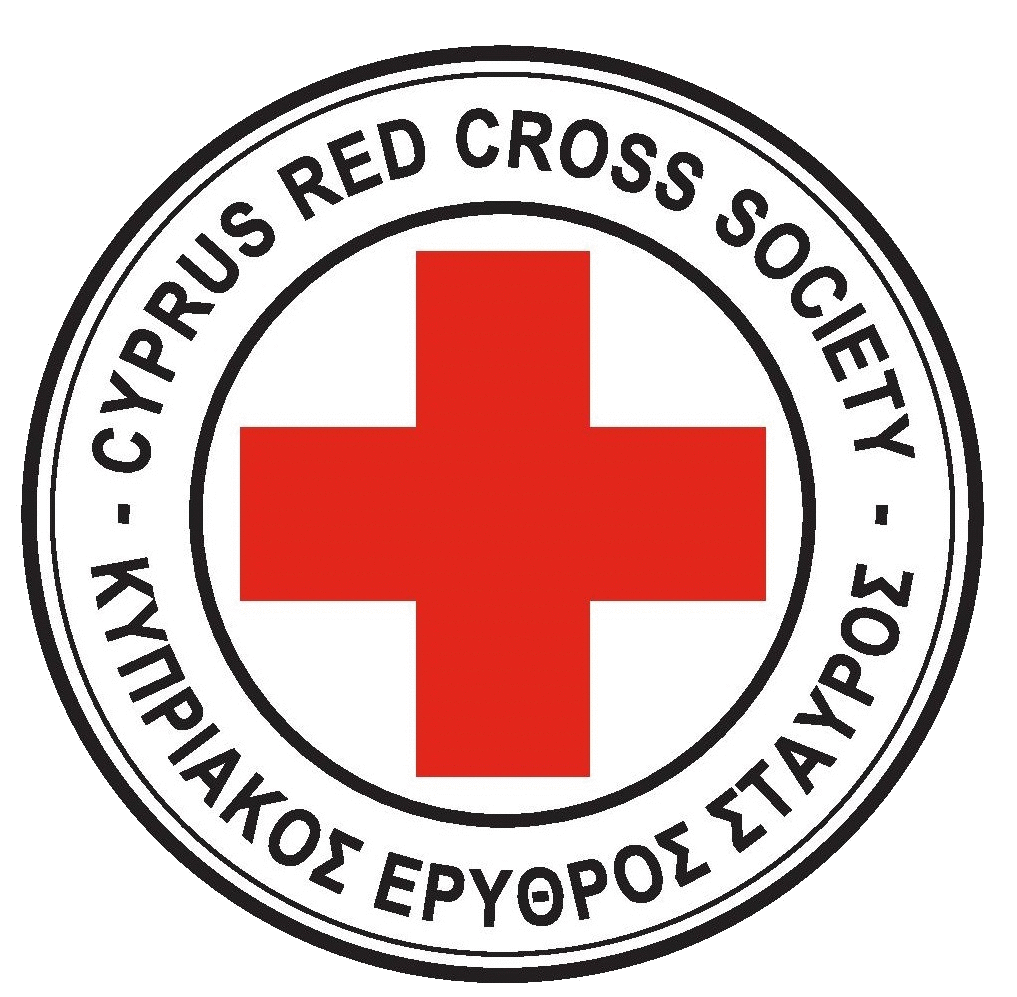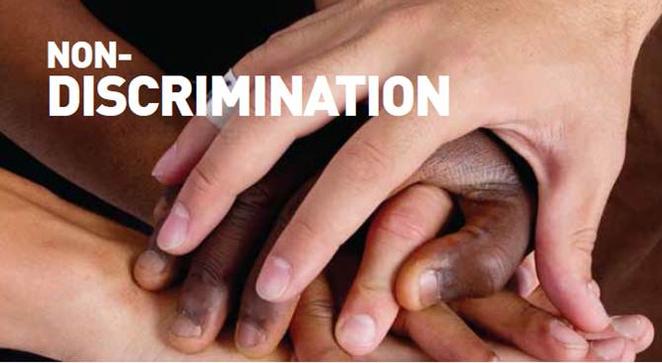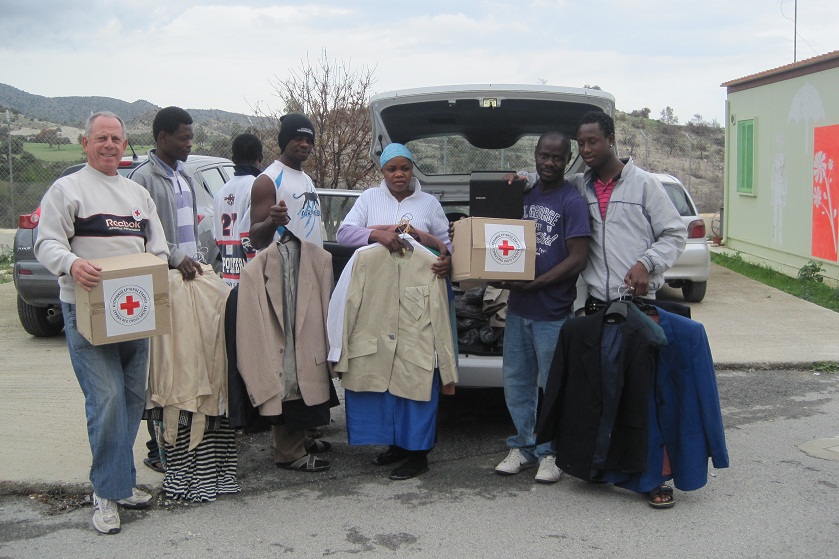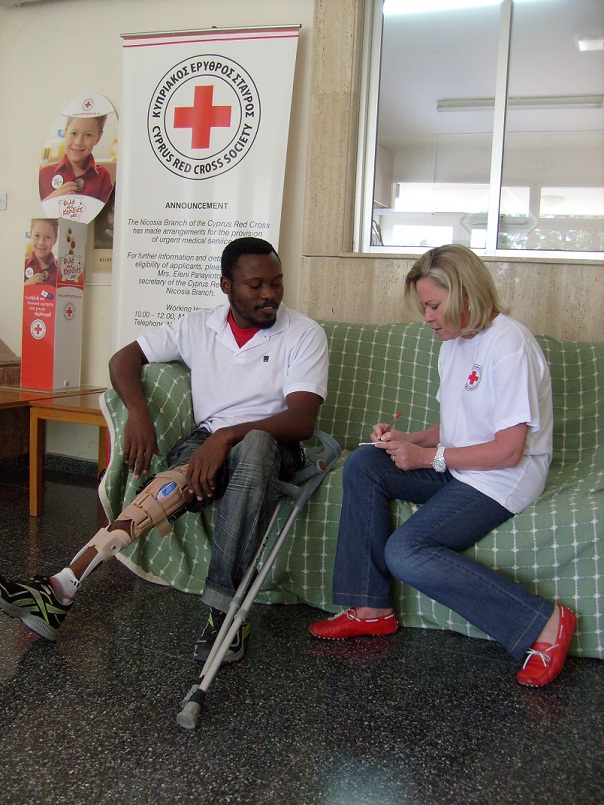Migrants, Refugees and Asylum Seekers
The International Red Cross Red Crescent Movement has recognized and ranked the issue of migration highly on its priorities, as it is one of the main social issues which adversely impacts the quality of life of millions of our fellow people around the world.
In relation to humanitarian action for combating of issues affecting vulnerable groups and empowering them for their smooth social integration, the International Federation of Red Cross Red Crescent Societies (IFRC – www.ifrc.org) has proceeded to the creation of the Platform for European Red Cross Cooperation on refugee issues, asylum seekers and migrants (PERCO - Platform for European Red Cross Cooperation on refugees, asylum seekers and migrants)
The Cyprus Red Cross Society (C.R.C.S.) participated in PERCO as an observer since 2007, ensuring the ability to be informed and to work alongside the other european National Societies (NS). Immediately after its recognition in 2012, the CRCS fully constitutes as a member of the platform PERCO.
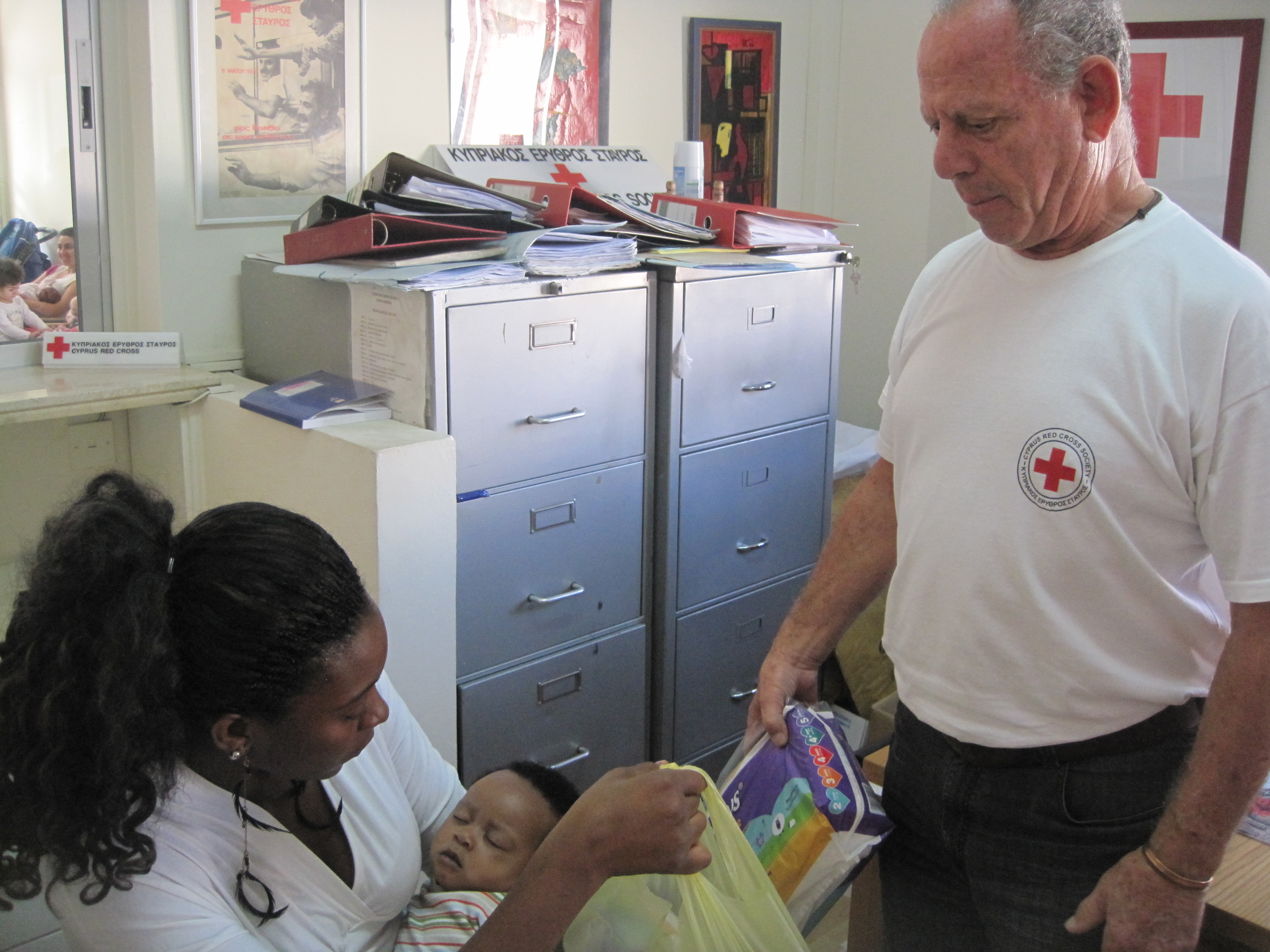
Having been formally recognized as the 188th member of the International Committee Red Cross (ICRC – www.icrc.org), CRCS participates in decision making for the political formulation of issues such as ensuring access, dignity, respect of differences and social incorporation, which are the main aims of the International Movement for migration.
As it is known, Cyprus, due to its geographical location, its political problems and that it is the most accessible member of the European Union for many countries, it is one of the most accessible points of entry for migrants, the large numbers of which cause Cyprus large and serious problems.
For the CRCS, this is a big challenge, which it tries to combat in the best possible way, taking into account the fundamental principles of the Movement, its economical abilities and its routinely mission for the offer of humanitarian help and support of vulnerable migrants, who are now one of the most vulnerable social groups worldwide.
After an evaluation of the situation and prioritizing the needs, the CRCS has decided to give emphasis to humanitarian support towards these people, with the distribution of food and clothes which are given to individual people and families that come to the local offices of the CRCS.
In the last years the CRCS has helped roughly 5000 migrants who faced serious humanitarian problems. Relevant activities of the CRCS are as already mentioned, the medical scheme of help which has ensured the voluntary service of doctors with a variety of specialties and the provision of wheelchairs. In parallel, CRCS volunteers try to visit the reception centers of asylum seekers at least once a month.
Another relevant emergency activity is the covering of the needs of migrants, who at times organize multi-day protest events or claim various demands in front of Ministries or other places, with the grant of many of the necessities or their multi-stay in open-space.
Xenophobia and racism towards migrants is also a phenomenon which the International Movement aim to solve on an international level. On the basis of the guidelines and politics of the International Federation (IFRC), CRCS takes part in campaigns to do with xenophobia, racism and social exclusion.
In cooperation with the British Red Cross and other local organizations and the Ministry of Education and Culture of the Republic of Cyprud, CRCS took part in the program “Positive Images” which was to do with the preparation and use of educational material in Primary Schools in order to try and encourage the children to adopt a more positive approach towards migrants.
Furthermore, CRCS responds immediately to requests to trace people who are lost as a result of migration flow and also tries to reconnect families.
From 2013 the CRCS began to take part more actively and to help the functioning of the Detention Center in Menogia, with the aim to cover the humanitarian needs and responds to the legitimate demands of detainees in order to improve their quality of life.
